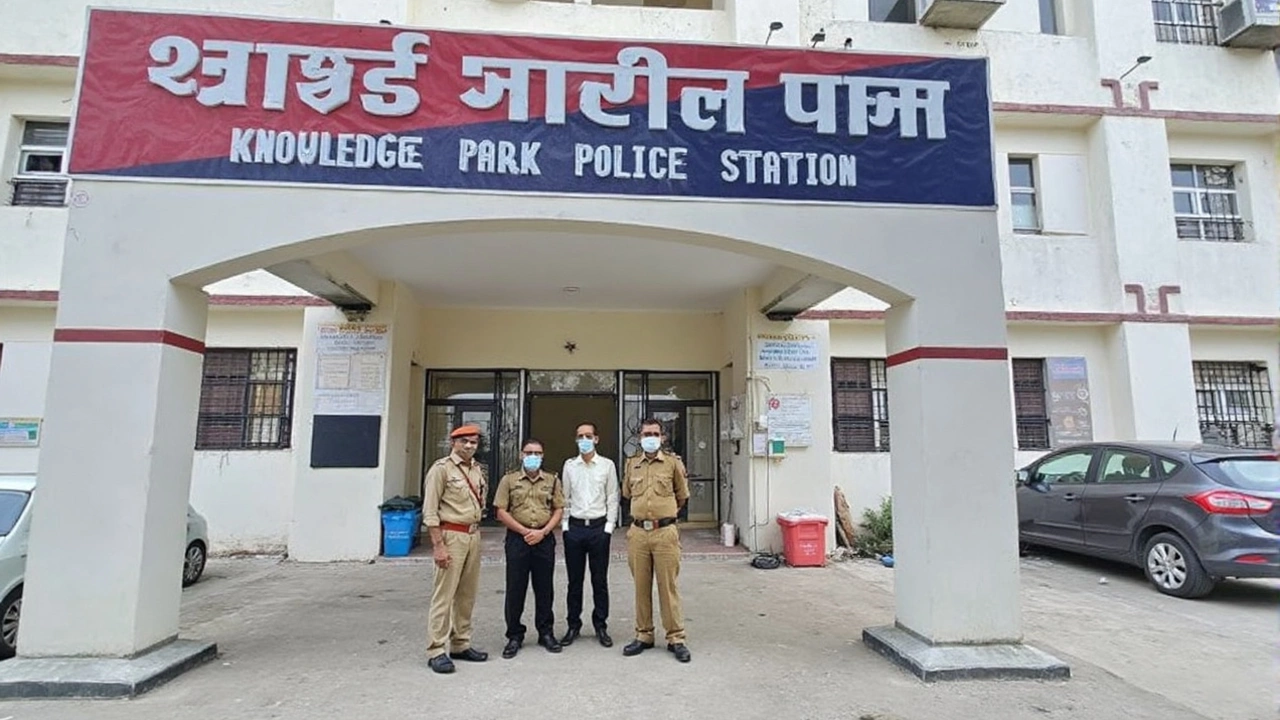Exam Fraud – What It Is, Why It Hurts, and How to Stop It
Exam fraud isn’t just a one‑off cheat; it’s a whole system that can ruin a school's reputation and a student's future. Whether it’s copying answers, using gadgets, or hiring someone to take the test, each act breaks trust and can lead to legal trouble. In this guide we’ll break down the most common tricks, explain the real costs, and give you tools to keep exams clean.
Common Types of Exam Fraud
First, let’s see how fraud shows up. The classic method is copying from a neighbour’s paper, but technology has added new angles. Students hide phones, smartwatches, or even tiny Bluetooth earpieces to get answers in real time. Some schools see organized “paper mills” where people sell pre‑written answer sheets or even take the exam for a fee. Another growing problem is online cheating – using browser extensions or remote desktop tools to look up solutions during a digital test.
Beyond cheating during the test, there’s also tampering with results. Some people change grades on spreadsheets, forge signatures on mark sheets, or submit falsified attendance records to boost scores. Each of these actions damages the value of genuine effort and can trigger investigations, suspension, or even criminal charges.
Practical Ways to Prevent Exam Fraud
Now, what can schools and students do? Start with clear policies. A simple, well‑communicated rulebook that defines what counts as cheating and the penalties makes it harder for students to justify risky behavior. Train teachers to spot unusual patterns – like a sudden jump in scores or identical answer sheets across a whole class.
Technology can help too. Use secure browsers that lock down the test environment, randomize question order, and set time limits that reduce chances for outside help. Physical measures matter as well: arrange seating so eyes aren’t pointing at each other, and keep all personal devices out of the room.
For students, the best defense is preparation. When you know the material, the temptation to cheat drops dramatically. Encourage study groups that focus on discussion rather than answer sharing, and offer extra tutoring for those who feel stuck. Remember, a single cheat can cost years of credibility – it’s not worth the risk.
If a suspicion arises, act fast. Conduct a discreet investigation, keep records, and involve a neutral panel to decide on any action. Transparency in the process reassures honest students that the system is fair.
In the end, keeping exams honest is a shared responsibility. Schools set the rules and enforce them, teachers stay vigilant, and students commit to their own learning. When everyone plays their part, the chances of exam fraud drop dramatically, and the value of a real diploma shines brighter.
Noida Exam Fraud Busted: 'Munna Bhai' Nabbed in ₹2 Lakh AIIMS Paramedical Scam
A man nicknamed 'Munna Bhai' was caught in Noida for trying to cheat in the AIIMS Paramedical Entrance Exam 2025 using a ₹2 lakh deal. The bust reflects stricter surveillance after several exam fraud cases and came just days after admit cards and exam dates were finalized.
VIEW MORE